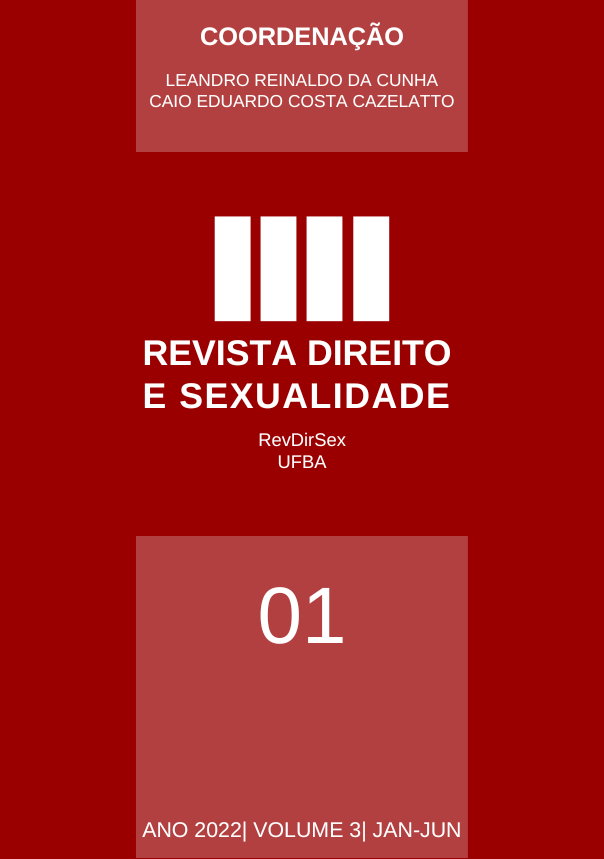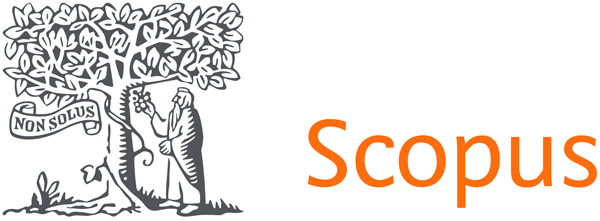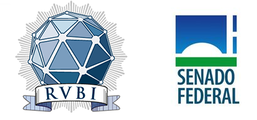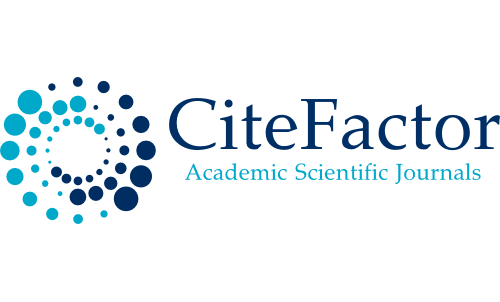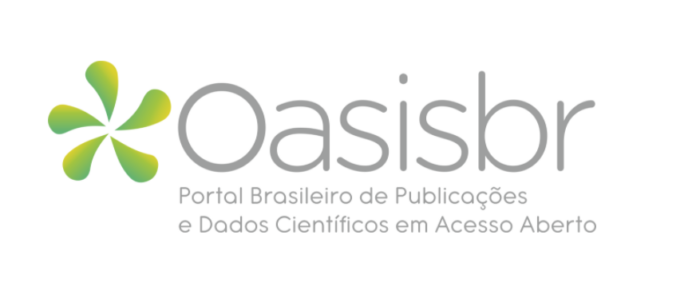MAMA PAPUA'S ROLE IN THE SOCIO-ECONOMIC SOCIETY
CASE STUDY OF THE DANI TRIBE IN JAYAWIJAYA REGENCY, PAPUA, INDONESIA
DOI:
https://doi.org/10.9771/revdirsex.v3i1.47693Keywords:
Papuan Mama, Dani Tribe, Women's Emancipation, IndonesiaAbstract
This study aims to mainstream the figure of the Papuan mama (mother) and its role in socio-economic conditions, especially in the Dani tribe in Jayawijaya Regency, Papua, which has so far received little attention. In addition, this research is to enrich the treasures of women in socio-economic history. The existence of the Papuan mama can survive the deplorable economic conditions and the shackled traditional social structure. The ethnographic method used in this research is Naturalistic. The purpose of the naturalistic ethno is to illustrate that the ethnographic research carried out aims to capture the natural character of the Papuan mama and is obtained through direct contact, not through intervention or conditioning. Data collection techniques used by observation, literature review, and documentation. The results show that Papuan mama is the central figure in the household, loved by her children, a symbol of struggle, and a source of inspiration for today's women, especially in Papua.
Downloads
References
Abdullah, A. F. A. (2020). PEREMPUAN INDONESIA SAMPAI AWAL ABAD KE-20. ENTITA: Jurnal Pendidikan Ilmu Pengetahuan Sosial Dan Ilmu-Ilmu Sosial, 1(1), 19. https://doi.org/10.19105/ejpis.v1i1.2939
Amnesty International Indonesia. (2018). don’t bother, just let him die": killing with impunity in Papua. https://www.amnesty.org/en/documents/asa21/8198/2018/en/
Brimacombe, T., Cox, J., Lusby, S., Macintyre, M., Munro, J., Rooney, M. N., Soaki, P., & Spark, C. (2017). Transformations of Gender in Melanesia (M. Macintyre & C. Spark (eds.)). ANU Press.
Crawford House Publishing Australia. (2022). Paul Wirz in New Guinea Photographs of the 1916-1953 expeditions. Www.Crawfordhouse.Com.Au. https://www.crawfordhouse.com.au/catalogue.php?isbn=10
Crocker, S. (2014, October). Membayar untuk Kemajuan: marginalisasi mama-mama pedagang asli Papua. Downtoearth-Indonesia.Org. https://www.downtoearth-indonesia.org/id/story/membayar-untuk-kemajuan-marginalisasi-mama-mama-pedagang-asli-papua
Enembe, Y., Deeng, D., & Mawara, J. E. T. (2018). Kepemimpinan Kepala Suku Pada Suku Lani Di Desa Yowo Distrik Kembu Kabupaten Tolikara. HOLISTIK, Journal Of Social and Culture, 10(21A), 1–15. https://ejournal.unsrat.ac.id/index.php/holistik/article/view/20561
Falinda, V., & Winarni, R. R. (2015, August 18). Perempuan Papua dan Pemerintahan Desa. Www.Tuk.or.Id. https://www.tuk.or.id/2015/08/perempuan-papua-dan-pemerintahan-desa/
Fanzikri, M. (2019). PARTISIPASI PEREMPUAN DALAM KELEMBAGAAN DAN PEMBANGUNAN DESA DI ACEH. Al-Ijtima`i: International Journal of Government and Social Science, 5(1), 81–106. https://doi.org/10.22373/jai.v5i1.466
Hartutik. (2015). R.A. Kartini : Emansipator Indonesia Awal Abad 20. Jurnal Seuneubok Lada, 2(1), 86–96. https://ejurnalunsam.id/index.php/jsnbl/article/download/559/413/
Hasmika, & Suhendro. (2021). Eksistensi Tradisi “Iki Paleg” Suku Dani Pada Masyarakat Pedalaman Papua. Jurnal Georafflesia: Artikel Ilmiah Pendidikan Geografi, 6(1), 47–57. https://doi.org/https://doi.org/10.32663/georaf.v6i1.1842
Ihromi, T. O. (1990). Para ibu yang berperan tunggal dan yang berperan ganda : laporan penelitian / Kelompok Studi Wanita, FISIP-UI. Fakultas Ekonomi Universitas Indonesia.
Kogoya, W. (2021). Peran perempuan Suku Dani bagi ketahanan keluarga dalam budaya patriarki. Jurnal Kajian Lembaga Ketahanan Nasional Republik Indonesia, 9(1), 505–522. http://jurnal.lemhannas.go.id/index.php/jkl/article/view/205
Kompas. (2008). Ekspedisi tanah Papua: laporan jurnalistik Kompas : terasing di pulau sendiri (F. Yuniarti (ed.)). PT. Kompas Media Nusantara.
Kuwado, F. J. (2017, December 22). Jokowi Anggap Mama-mama Papua Simbol Perjuangan Kaum Ibu. Kompas.Com. https://nasional.kompas.com/read/2017/12/22/18001741/jokowi-anggap-mama-mama-Papua-simbol-perjuangan-kaum-ibu
Lee, J. S., Nargund-Joshi, V., & Dennis, B. (2011). Progressing through the Haze in Science and Mathematics Education Research: Contemporary Use of Spradley’s Qualitative Inquiry in Two Case Studies. International Journal of Qualitative Methods, 10(1), 42–57. https://doi.org/10.1177/160940691101000104
Leny, V. (2014). Memahami Sistem Pengetahuan Budaya Masyarakat Pegunungan Tengah, Jayawijaya, Papua dalam Konteks Kebencanaan. Antropologi Indonesia, 34(2), 134–151. https://doi.org/10.7454/ai.v34i2.3969
Mahy, P. (2012). Being Kartini: Ceremony and Print Media in the Commemoration of Indonesia’s First Feminist. Intersections: Gender and Sexuality in Asia and the Pacific, 28, 1–11. https://researchmgt.monash.edu/ws/portalfiles/portal/28561520/28561018_oa.pdf
Moschkovich, J. N. (2019). A Naturalistic Paradigm: An Introduction to Using Ethnographic Methods for Research in Mathematics Education (pp. 59–79). https://doi.org/10.1007/978-3-030-15636-7_3
Munro, J. (2013). The Violence of Inflated Possibilities: Education, Transformation, and Diminishment in Wamena, Papua. Indonesia, 95(95), 25. https://doi.org/10.5728/indonesia.95.0025
Numbery, G. K. I. (2018). Reproduksi Simbolik Inom Dalam Struktur Budaya Orang Dani Di Lembah Baliem, Jayawijaya [Universitas Hasanuddin]. In Universitas Hasanuddin. http://digilib.unhas.ac.id/uploaded_files/temporary/DigitalCollection/YzczZTA3MTVmZjRhNjg0Y2FjOGU3Y2ViZTBiMWQ0NjQwN2YxNTFkOQ==.pdf
Putro, B. B. (2019). Makna Dibalik Tradisi Niki Paleg Suku Dani di Papua. Commed : Jurnal Komunikasi Dan Media, 3(2), 159–167. https://doi.org/10.33884/commed.v3i2.1257
Ransta, L. L. (2018). ‘Mama-mama’ in Papua and the Access to Market. E3S Web of Conferences, 73, 08015. https://doi.org/10.1051/e3sconf/20187308015
Reeves, S., Peller, J., Goldman, J., & Kitto, S. (2013). Ethnography in qualitative educational research: AMEE Guide No. 80. Medical Teacher, 35(8), e1365–e1379. https://doi.org/10.3109/0142159X.2013.804977
Sitorus, Y. L. M. (2019). KEHIDUPAN ORANG ASLI PAPUA DI DISTRIK TIOM SETELAH PEMEKARAN KABUPATEN LANNY JAYA. Jurnal Masyarakat Dan Budaya, 20(3), 407–424. https://doi.org/10.14203/jmb.v20i3.698
Tarima, Y., Noak, P. A., & Azhar, M. A. (2016). Peran Kepala Suku dalam Sistem Noken Pada Pemilukada di Distrik KAMU Kabupaten Dogiyai Provinsi Papua Tahun 2013. E-Jurnal Politika, 1(1), 1–7. https://ojs.unud.ac.id/index.php/politika/article/view/21390
Taylor, J. S. (1976). Raden Ajeng Kartini. Signs, 1(3), 639–661. http://www.jstor.org/stable/3173146
Van Maanen, J. (2015). The present of things past: Ethnography and career studies. Human Relations, 68(1), 35–53. https://doi.org/10.1177/0018726714552287
Wahid, A. (2021). Kartini’s Views On Opium Problems In Java At The End Of The 19th Century. Jurnal Humaniora, 33(2), 113. https://doi.org/10.22146/jh.66466
Yanti, R. D. (2020). Potret Gerakan Perempuan pada Abad Ke 20 di Batavia: Poetri Mardika 1912. Historia: Jurnal Pendidik Dan Peneliti Sejarah, 3(2), 135–144. https://doi.org/10.17509/historia.v3i2.23001
Zonggonau, A. (2017). KEBUDAYAAN POTONG JARI SEBAGAI SIMBOL DUKA SUKU MONI DI DESA UGIDIMI DISTRIK BIBIDA KABUPATEN PANIAI PROVINSI PAPUA. HOLISTIK, Journal Of Social and Culture, 10(19), 1–20. https://ejournal.unsrat.ac.id/index.php/holistik/article/view/17450
Downloads
Published
How to Cite
Issue
Section
License
Copyright (c) 2022 ambos

This work is licensed under a Creative Commons Attribution-NonCommercial-NoDerivatives 4.0 International License.
- This Journal reserves the right to direct normative, spelling and grammatical alterations in original works, with the intention of maintaining the standard worship of the language, respecting the authors' style.
- The exclusive opinions by the authors are their sole responsibility.
- The licensing rights used by the journal are the Creative Commons Attribution 4.0 International License.
- Copyright belongs exclusively to the authors. Sharing (copying and distributing the material in any medium or format) and adaptation (remixing, transforming and re-adapting the original work for all purposes, including commercial) are permitted, provided that due credit is given for the initial publication in this journal.
- Authors are permitted and encouraged to publish and distribute their work online after publication, as this can increase the impact and citation of the published work (See The Effect of Open Access).
